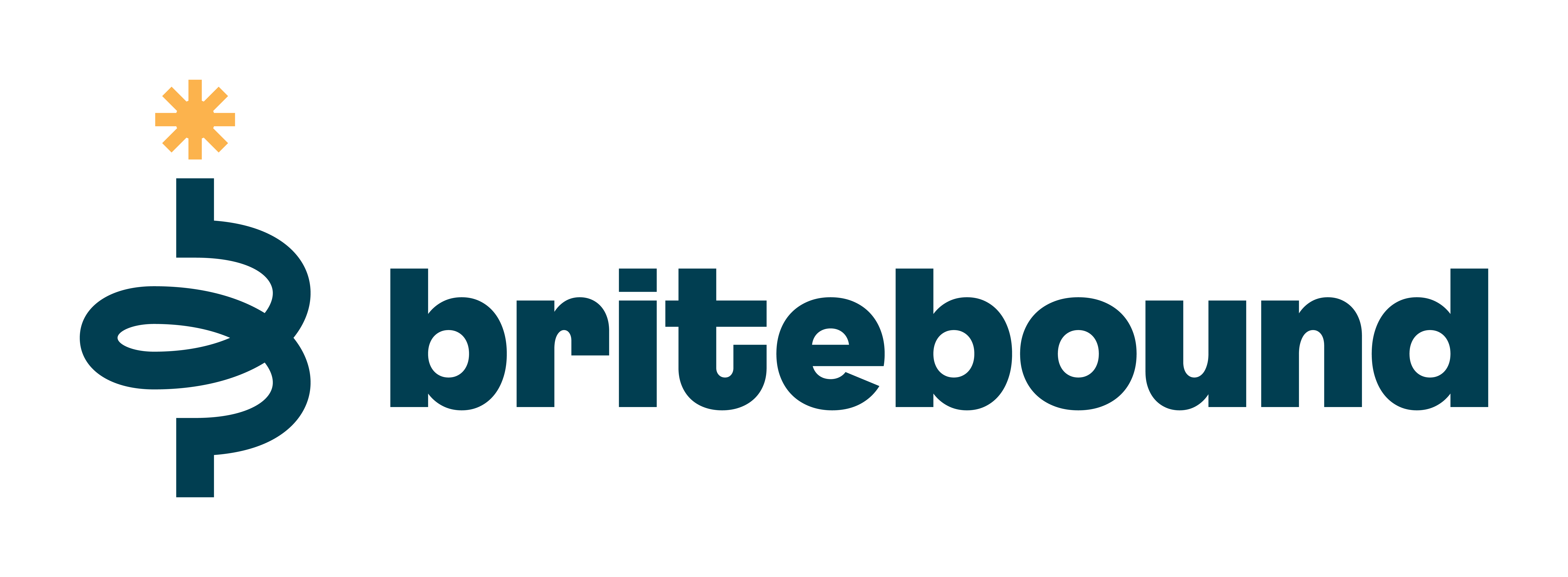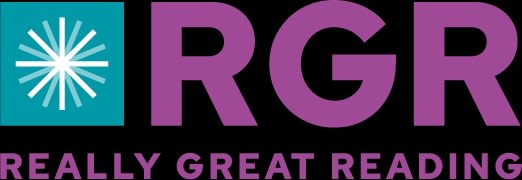Dive Brief:
- According to a new mandated report released by the New York City Department of Education, 40% of students who have been recommended for special education services may not be getting them.
- Complicating matters, the department's data tracking and accountability mechanisms are so unreliable that it couldn't clearly define the exact percentage of students receiving services, the New York Times reports.
- Approximately 9,000 NYC students recommended for special ed services aren't receiving them, and an additional 60,000 students have only partially received recommended services.
Dive Insight:
New York isn't alone in negligence. In New Orleans, students with disabilities have also been underserved. In 2010, the Southern Poverty Law Center filed a lawsuit against the state alleging that children with special needs were routinely discriminated against and denied educational rights as mandated under federal law. That case was settled, with new rules being implemented over identifying, tracking, and serving students with disabilities in New Orleans schools.
The potential ramifications for schools that aren't adequately serving students with disabilities are serious. Three federal laws, the Individuals with Disabilities Education Act (IDEA), Title II of the Americans with Disabilities Act of 1990 (ADA), and Section 504 of the Rehabilitation Act of 1973 all define public school obligations. Compliance with one law doesn't necessarily equate to compliance with all three, and school districts can be sued by the federal government, parents, and advocacy groups over violations.
Right now in New York, NYC Public Advocate Leticia James has filed two lawsuits related to special education. One involves the legal case against the charter school network Success Academy, which is alleged to have discriminated against students with disabilities, and the other claims that the city's Special Education Student Information System (SESIS), which tracks special ed students, caused an estimated loss of $356 million worth of federal Medicaid funding.




 Dive Awards
Dive Awards








